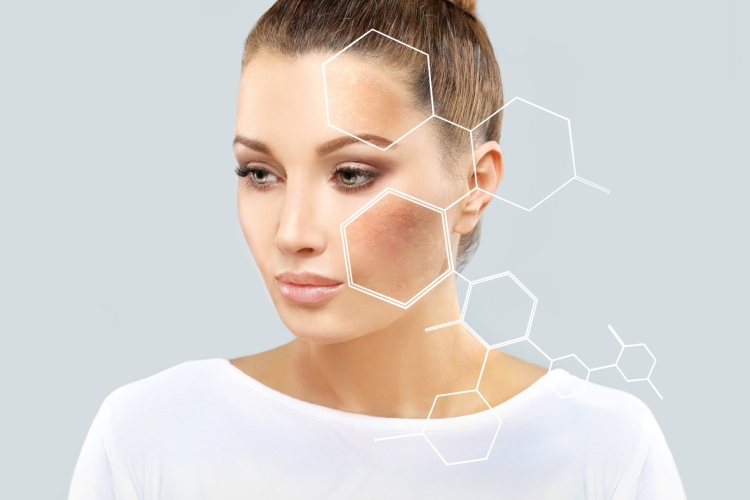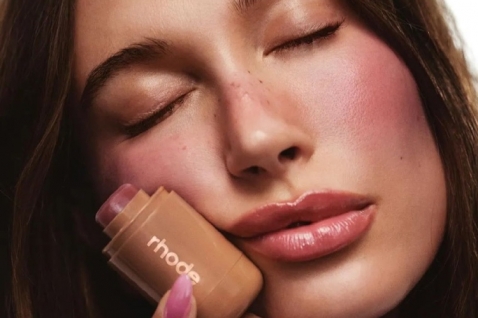
Your skin’s health isn’t just about what you put on it—environmental factors play a major role too.
From UV exposure to air pollution and even the water you use to cleanse your face, many external elements can influence how your skin looks and feels.
Below, we break down the most common environmental culprits and how they affect your skin, plus some expert tips on keeping your complexion in check.
The Role of UV Radiation in Skin Aging
We all love a bit of sunshine, but overexposure to UV radiation is one of the biggest threats to youthful skin.
Prolonged exposure to UV rays damages collagen, the protein responsible for keeping your skin firm and smooth. This leads to fine lines, wrinkles, and sagging. Not only that, but UV rays are a leading cause of hyperpigmentation (think dark spots) and skin cancer.
To protect yourself, daily sun protection is key. No matter the season, use SPF 30 on all exposed areas of skin, even on cloudy days. Antioxidant-rich anti-aging skincare products containing ingredients such as vitamin C or green tea can also help counteract UV damage by neutralizing free radicals that break down collagen.
Air Pollution and Skin Sensitivity
Air pollution can wreak havoc on your skin. Pollutants like particulate matter (PM), nitrogen dioxide, and car exhaust fumes settle on the skin, penetrating the skin barrier. This causes inflammation, clogged pores, acne breakouts, and accelerated aging.
To combat these effects, your skincare routine needs to go beyond just makeup removal. You should be double cleansing at night, using an oil-based cleanser first to break down pollutants, and a water-based cleanser afterward to wash them away.
Barrier-repairing products with ceramides and niacinamide are also helpful, as they strengthen the skin’s natural defense against external irritants. Some states have better air quality than others and the levels of pollution will help you determine the products you need.
The Effects of Climate and Temperature Changes
Your skin can struggle to cope with the swings in temperature. Extreme heat causes dehydration by stripping the skin of its natural oils, leading to dryness and sensitivity. On the flip side, cold weather can also dry out the skin and cause chapping, redness, and flaking.
In hot climates, opt for lightweight, hydrating serums packed with hyaluronic acid to replenish moisture without clogging pores. For colder conditions, switch to thicker moisturizers to lock in hydration and protect the skin barrier from the elements.
Indoor Environmental Factors: Central Heating and AC
It’s not just the great outdoors that can affect your skin. Indoor environmental factors like central heating and air conditioning can also cause trouble. These systems suck moisture from the air, leaving your skin parched and irritated.
Combat indoor dryness by using a humidifier, especially during the winter months, and opt for hydrating face mists throughout the day to keep your skin plump.















